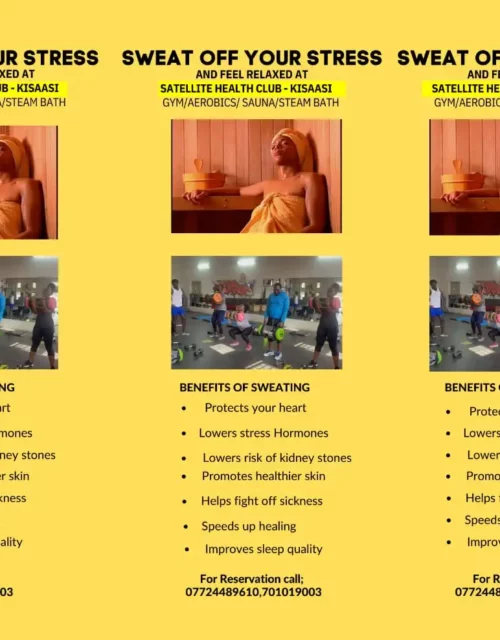By Spy Uganda Correspondent
USA: Technology giant Google has threatened to stop making its search engine available in Australia if the federal government’s proposed mandatory media bargaining code becomes law in its current form.
Australia is introducing a landmark law to make Google, Facebook and potentially other tech companies pay media outlets for their news content.
The Managing director Mel Silva on Friday revealed that the landmark code “remains unworkable”, despite government attempts to place the web giant in a December revision.
Google had previously warned that the code could lead to a “dramatically worse” online experience and the possible end to free services, but until now had not flagged stopping Google Search engines entirely.
Facebook, which would also be required to pay news organisations using a binding “final offer” arbitration process if no agreement can be reached, has similarly threatened to stop Australians sharing news on its platform.
Appearing before the standing committee on economics, Silva said the company’s concerns centred around three areas, the most salient of which is “the requirement to pay for links and snippets in search”.
“This provision in the code would set an untenable precedent for our business and the digital economy,” she said.
“It’s not compatible with how search engines work, or how the internet works, and this is not just Google’s view, it has been cited in many of the submissions received by the inquiry.”
Echoing the concerns of Tim Berners-Lee, who founded the worldwide web in 1989, Silva said the “principle of unrestricted linking between websites is fundamental to search”.
She also pointed to the “unmanageable financial and operational risk” that the laws would impose of the company, which until now has had to meet very few regulations.
“If this version of the code were to become law, it would give us no real choice but to stop making Google available in Australia,” Silva said, adding that this would be a worst-case scenario.
Any removal of Google Search, which is used for 95 per cent of searches in Australia, would be a blow to the company, as it contributes to a significant chunk of its $4 billion yearly advertising revenue.
But Silva further noted that Google is committed to achieving a workable code, proposing technical amendments that would allow it to pay publishers for value, without breaking Google Search.
One such amendment would see the code designate News Showcase and allow Google to reach commercial agreements to pay publishers for value instead of payments for links and snippets.
News Showcase which is not yet available in Australia – is a recently introduced Google product that is part of its plans to pay US$1 billion to publishers across the world over the next three years.
Independent Senator Rex Patrick challenged Silva’s assessment, which he said was a “commercial precedent, not a technical precedent” and described as both “distracting” and “misleading”.
Silva also used her opening statement to address the “misconception” that users “only come to Google because they can find news”, with news queries representing only 1.25 per cent of queries.
“Each year we help more than 19 million Australians find information online,” she said.
“The fact that we offer a useful search engine provides a platform for 1.3 million business, large and small, in Australia, to be discovered by users both here and around the world.”
“The free service we offer to Australian users, and our business model has been built on the ability to link freely between websites. This is a key building block of the internet.”




